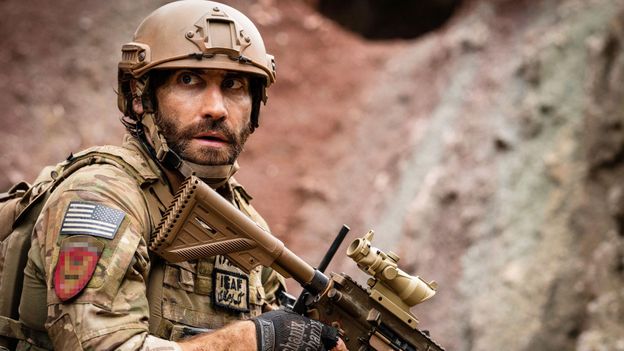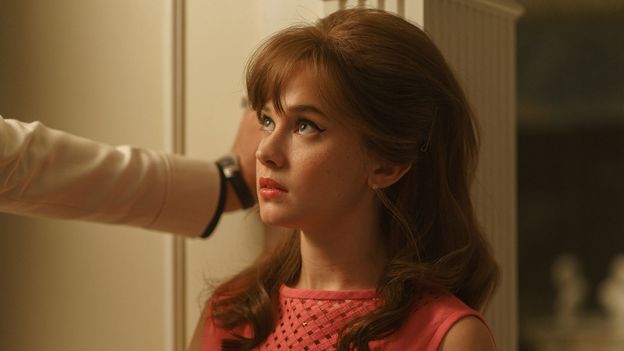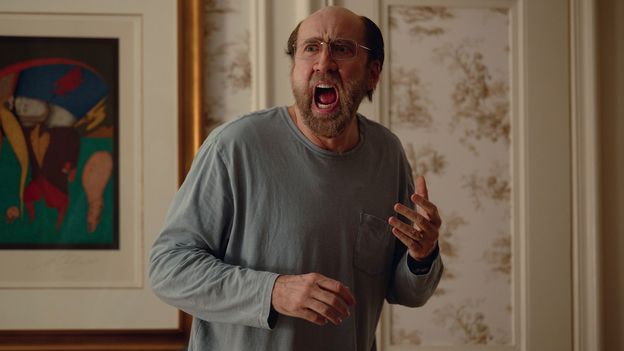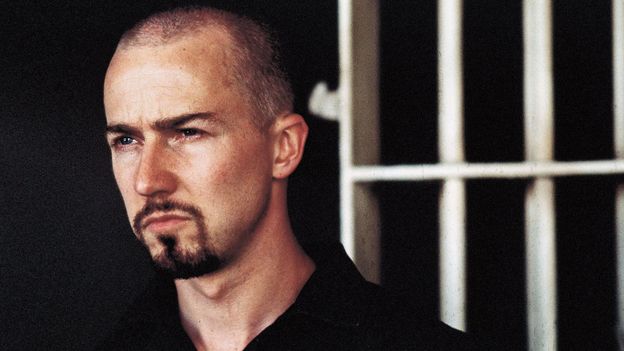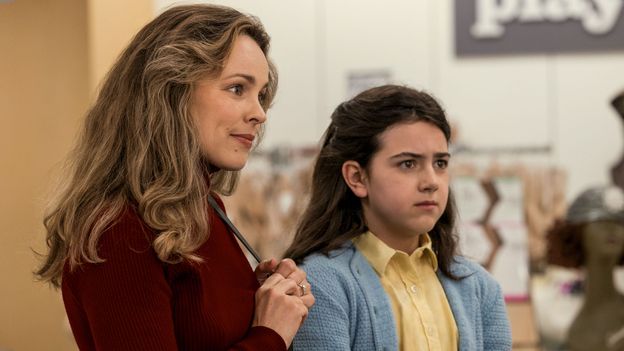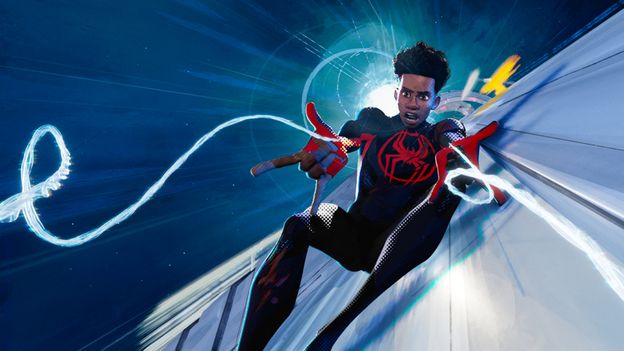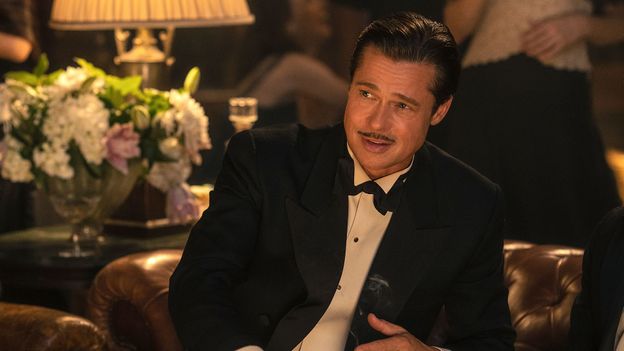She says of mainstream US films about her country, “Afghanistan, for famous directors with Hollywood budgets, is a story from behind the mountain, which is exotic, interesting, but it is not authentic.” She adds: “It is a very Western perspective about what was going on in Afghanistan, where somebody is going to save the interpreter or something. There are lots of things Afghan people and their stories can share with the world, without going into this victim and saviour formula.”
Lack of distribution for modest foreign-language films can make them seem almost invisible, though. Karimi’s films, including her documentary Afghan Women Behind the Wheel (2009) are not available to stream. Neither is the highly regarded A Letter to the President (2003) by another Afghan woman director, Roya Sadat. They are squeezed out by movies with explosions and brave male soldiers, with their long history of commercial success.
One thing for sure is that there will be more mainstream films about Afghanistan on their way. Thomson calls the video from Kabul airport a moment of “incredible cinematic imagery, people falling off planes.” Already used in documentaries, those images are ready-made for the next – let’s hope for deeper – generation of war movies.
Guys Ritchie’s The Covenant is out in US cinemas now
Love film and TV? Join BBC Culture Film and TV Club on Facebook, a community for cinephiles all over the world.
If you would like to comment on this story or anything else you have seen on BBC Culture, head over to our Facebook page or message us on Twitter.
And if you liked this story, sign up for the weekly bbc.com features newsletter, called The Essential List. A handpicked selection of stories from BBC Future, Culture, Worklife and Travel, delivered to your inbox every Friday.

